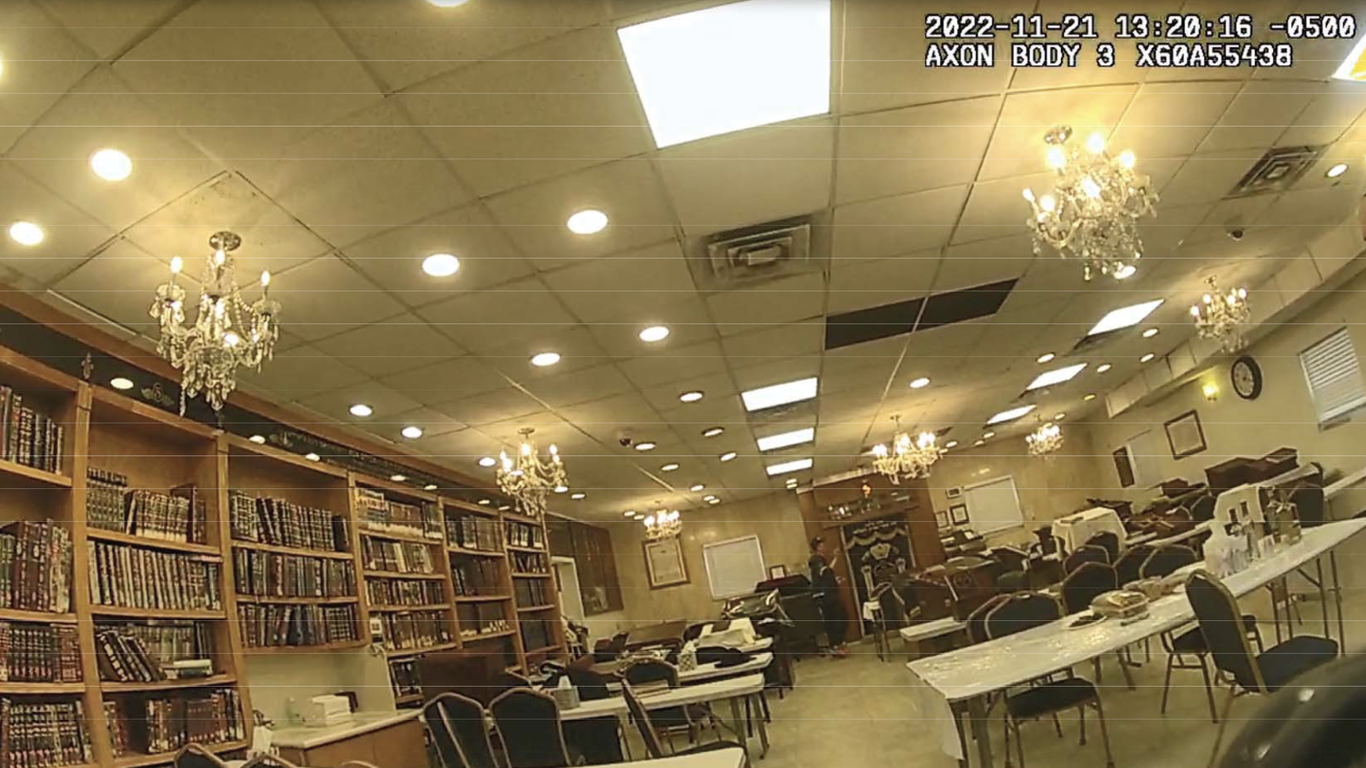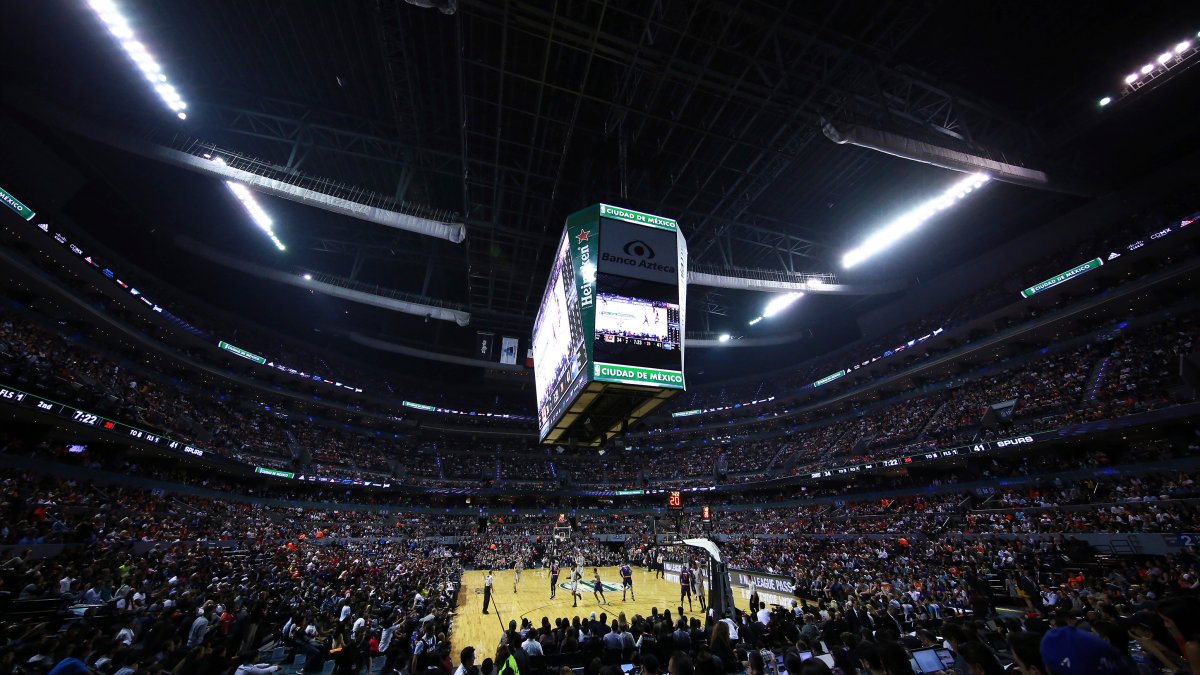Why Miami Beach is in a legal dispute with a Jewish congregation

Bodycam footage shows the inside of 3401 Prairie Ave. Photo courtesy of Miami Beach, via court records
The city of Miami Beach is in a legal battle with a congregation of Orthodox Jews over use of a single-family house that has drawn complaints from neighbors about traffic and noise.
What’s happening: Congregation Bais Yeshaya D’Kerestir is suing the city over its code enforcement crackdown at a home that the congregation owns at 3401 Prairie Ave.
- The city installed a surveillance camera to monitor the property and allegedly sent personnel there 126 times in about two years, according to the group’s legal filings.
Why it matters: The congregation alleges the city’s enforcement measures are “part of a long-term pattern of harassment and intentional discrimination.” It claims Miami Beach has violated its First Amendment rights of religious exercise and assembly, according to legal filings.
- The city has counter-sued, claiming the property — which is zoned for residential use — is being used as a religious institution. It’s an issue the city says has been going on at the property for decades.
State of play: People visit the home to pray daily, the congregation says. That includes for a minyan, which requires the presence of at least 10 Jewish men.
- The congregation insists gatherings are for invited guests only, and that prayer takes place in just 800 of the home’s 10,000 square feet.
Yes, but: After surveillance video showed people near the property during Passover in 2021, the city’s Special Magistrate, which handles code enforcement issues, ruled last April that the number and frequency of people observed violated zoning rules.
- The congregation filed a federal lawsuit weeks later, saying the city prohibited private prayer inside a private residence.
- The city filed a counterclaim in November, alleging that the current owners were connected to the owners from the ’80s and that the house has been used as a synagogue for decades. The congregation has denied the connection.
Background: In the 1980s, the city alleges the property was set up like a small synagogue, with congregants coming and going. The city cracked down, and a rabbi sued, but the city code was upheld, according to the city’s legal filings.
- In 2012, the property was sold to another entity and, under a different rabbi, was used for a school, a dormitory and a gift shop, according to the city.
- The Bais Yeshaya D’Kerestir congregation then bought the house in February 2020 as a home for its rabbi, Arie Wohl.
- Before doing so, congregation leaders said they met with Miami Beach Mayor Dan Gelber and other city personnel for assurance that private group prayer would be allowed.
- They were told, “You can pray ten times a day … just get the other guy out,” according to their legal filings.
The latest: The congregation has filed an additional lawsuit in circuit court, which accuses Mayor Gelber of having directed the code enforcement actions. A hearing is set for next month.
What they’re saying: The congregation argues that, per the city’s own “Citizens’ Bill of Rights,” Gelber should forfeit his office, because the mayor has violated its right to nondiscrimination covered under the bill, according to their lawsuit.
- Representatives for the congregation declined Axios’ request for comment.
The other side: The mayor denied directing the code enforcement actions.
- “The disputes concerning activities at this property have a very long history, with litigation going back 40 years,” City Attorney Rafael Paz told Axios.
- “We respectfully disagree with the premise that the city discriminates against any person or religion, simply because the city enforces the city code.”


